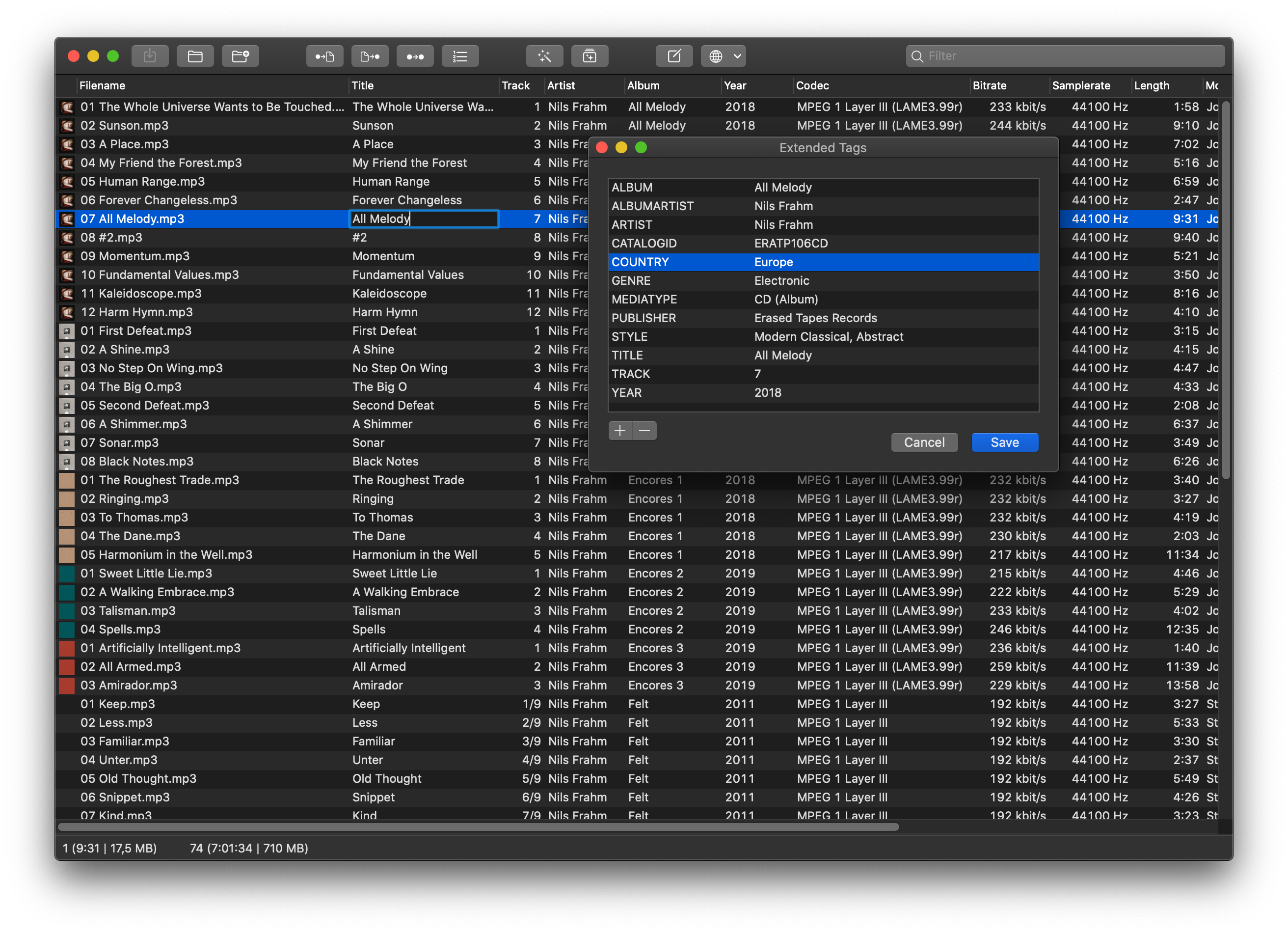

The default volumes are not optimal nor recommended. LinuxServer specifies a couple of optional default volumes such as They also maintain images for most of the popular download clients as well. Is one of the most prolific and popular Docker image maintainers. Hotio also builds our Pull Requests which may be useful for testing. Images are automatically updated multiple times in an hour if upstream changes are found. There are many ways to manage Docker images and containers too, so installationĪnd maintenance of them will depend on the route you choose.ĭoesn't specify any default volumes, besides To install and use these Docker images, you'll need to keep the above in mind while following their documentation. Keep in mind that Lidarr will need read and write to the download folders as well as the final folders.įor a more detailed explanation of these issues, see The recommendation is to use a common group for all related containers so that each container can use the shared group permissions to read and write files on the mounted volumes.

The default user, group and umask, you should decide this before setting up all of your containers. Most images have environment variables that can be used to override Permissions and ownership of files is one of the most common problems for Lidarr users, both inside and outside Docker. If this advice is not followed, you may have to configure a Remote Path Mapping in the Lidarr web UI (Settings › Download Clients). The best solution is to use a single, common volume Some also recommend paths for the download client container that are different from the Lidarr container, like This causes slow moves and doesn't allow hard links because theyĪre considered two different file systems Both problems can be solved with well planned, consistent paths. The second is a performance issue and causes problems for seeding torrents. torrents/My.Music.2018/, but in the Lidarr container that might be at

The first is a problem because the download client will report a download's path as There are two common problems with Docker volumes: Paths that differ between the Lidarr and download client container and paths that prevent fast moves and hard links. Lidarr v1 will convert the given directory on startup if a Lidarr v0.8 database is found. Volume to mount the data directory and supply that path to Lidarr as parameter.


 0 kommentar(er)
0 kommentar(er)
